In our small North Jersey suburb, my parents had a group of friends from synagogue, and we kids grew up in one another’s houses. I don’t remember these people entering my life; they seemed to have always been there, like the lone brown freckle next to my mouth. The fifteen or so children between our families felt like siblings, while the grown-ups regarded the kids as extensions of their own brood – for better or worse. Once, as we waited for a table in a restaurant with the Brodskys, nine squirmy kids in total, my mother grabbed the arm of a renegade child running past her, heedless of whether or not he was her blood.
“SIT. DOWN,” she said through gritted teeth.
“Debbi,” whispered Anne, “that’s not one of ours.”
My favorite of all the mothers in our group (besides mine) was Marla. She was slight and petite, not much taller than me at my full height, and had long brown hair streaked with gray. She had the kind of toughness that could only belong to a mother of four rowdy boys (her fifth, a girl, would come later), but her eyes were warm and kind, her smile soft and secretive, like she was in on a joke you were dying to know. Marla was the only mother I knew who swore in front of her kids, which shot her to the highest echelon of cool. She was a product of the hippie generation, pairing loose, flowing tunics and strings of beads with her jeans and sandals. Marla rarely wore makeup, save the occasional swipe of eyeliner and mascara. Dream catchers and wind chimes adorned the house where she raised her children, and later, when she moved to a new home, she filled her basement with bright tapestries, Buddha heads, and all kinds of mother-themed art. Marla was a nurse-midwife, and in the course of her career delivered 3,000 babies. Despite decades of exhaustion, she considered this one of her greatest achievements.
Perhaps the reason I liked Marla so much was because she loved me. When her own son gave me a hard time (it was mutual), she would berate him, then tell me to ignore him because he was an idiot. I was smart and beautiful and wonderful, and I would do special, great things, she was sure of it. I didn’t believe a word she said, but it was still delicious to hear.
After I left for college, I lost touch with Marla for a while, hearing of her only through the community grapevine. When my mother got sick and my parents started their blog, she became an avid reader, and wrote loving comments to encourage them. “I am a midwife, ‘Sage-Femme’, which means ‘with woman,'” she wrote. “I wish I could be with you now, Debbi, helping to care for you.”
When I moved back to my old stomping grounds a few years ago, one of the first calls I made was to Marla, letting her know I was back in town. She was thrilled to hear from me, but wasn’t feeling great: she was going through treatment for cancer. She didn’t dwell on it much, though, but asked me about my life, especially my children. She offered me insight and commiseration on the relentless struggle of motherhood. “I drove FIVE carpools to FIVE different schools,” she said. “It was a shitshow.”
When I told her I was working at a mikvah, a ritual bath for Jewish women, she was thrilled. “Maybe I’ll come to the mikvah when I’m feeling better,” she said thoughtfully, “I could use some renewal.”
I told her that my mother had said the exact same thing. After her death, I’d taken to dipping in the mikvah four times instead of the traditional three in her honor. Marla liked that.
Over the next few months, I called Marla every so often to say hello, but despite living ten minutes away, I could never get myself over to see her. My family and work demands were heavy, and every time I made plans, a kid got sick or a tight deadline came up, and I called with my apologies to reschedule.
Finally, one afternoon before Passover, I called Marla and an unfamiliar voice answered the phone. It was her friend Linda, a fellow midwife who was acting as her caregiver. Marla was too weak to speak, Linda said. It didn’t look good. I asked her to tell Marla I would come as soon as Passover ended and my kids were back in school.
But Marla didn’t make it to the end of the holiday.
The funeral was brutal, watching Marla’s five children, who I’d known for almost my entire life, holding onto each other in sorrow. I had stood in the exact same place with my own siblings, and it was like reliving it again. I looked around the room at the dozens of familiar faces, faces that had grown older and more tired, and I felt as if, somehow, a treasured part of my childhood had died along with Marla.
At the shiva, I sat with Marla’s daughter, and we spoke with an intimacy only two young women who have lost mothers early can share.
“I don’t think I’ll ever get married,” she confided. “How could I love someone when it hurts so much to lose them?”
I knew exactly what she meant. A hospice social worker once told me, “The pain we feel is proportional to how much we love.” Though it was true, it didn’t make it hurt any less. But I assured her that despite how she felt now, it wouldn’t always be like this. It’s in our nature to survive, to overcome. We somehow manage to do things we never thought possible in the days when getting out of bed is too much. “We can’t give up,” I said, “just because it hurts.”
I don’t know if what I said made any difference – based on my own experience, it probably joined the buzz of platitudes that people offer during a shiva – but it made me reflect on how much I’d managed to do in the five years since I’d lost my mom. I prayed she would be able to have that experience one day.
Not long after Marla’s death, I experienced a trauma that left me shaken for a year afterward. For a variety of reasons, my connection to using the mikvah, once so strong, was severed. I wanted nothing to do with it, resented having to deal with it. On the nights I had to go, I would cry. The turnaround was shocking, because of all the Jewish practices I’d taken on, this was the one I’d loved the most. But now it was as if a switch in my soul had been turned off.
Recently I was discussing the mikvah with my friend Tovah and made one of my usual disparaging comments about it.
“But it’s such a beautiful mitzvah,” Tovah said. “How can we make it okay for you again?”
The question got me thinking. What would make it okay for me? I knew it wasn’t something therapy or the twelve steps could fix, because I’d tried both. Prayer hadn’t worked because I’d never prayed about it; I didn’t want to. Deep down, I wanted to stay disconnected. I had deliberately shut down my love of the mikvah because of the pain I’d felt in relation to it. It was easier to just walk away.
In other words, I’d given up because it hurt to much.
Immediately, I remembered what I’d said to Marla’s daughter: “We can’t give up because it hurts.”
I’d failed to take my own advice.
I thought about my friend Marla, how she had pushed me to see what I was capable of. How she, like my mother, had wanted to go to the mikvah but never had the chance.
Maybe I was in need of some renewal, too.
I can’t say my next visit to the mikvah was a profound spiritual experience. But when I sank into the water for the fourth time, I did so with my mother and Marla in mind. I lingered for a few seconds instead of darting out the way I’ve tended to do, letting the water warm and envelop me in embryonic silence.
And then I went home, if not renewed, then at least on the road to repair.
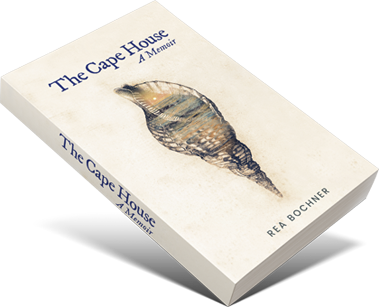

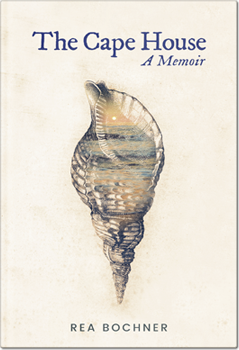

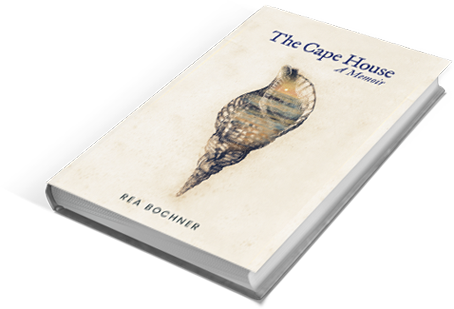

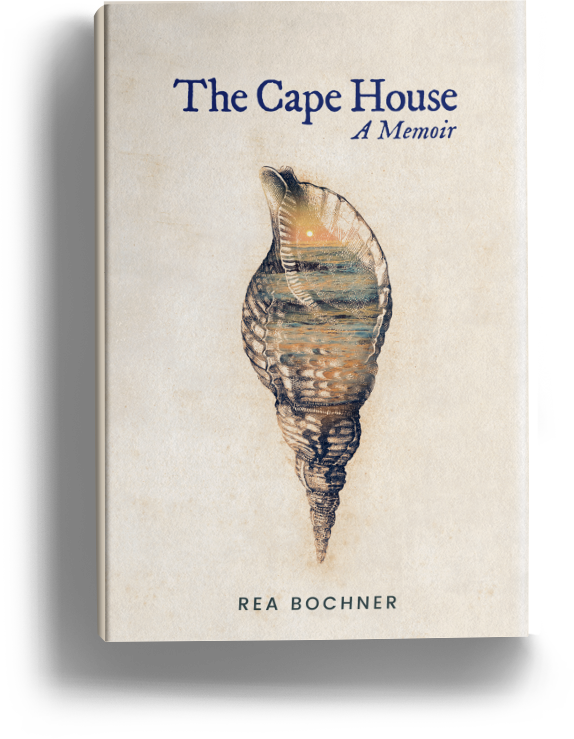



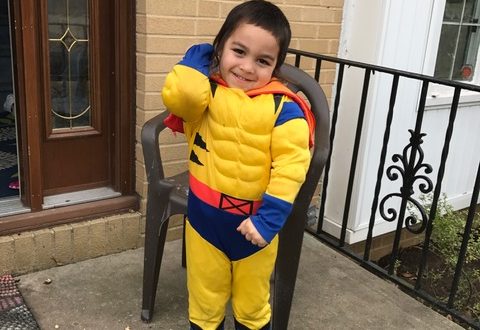
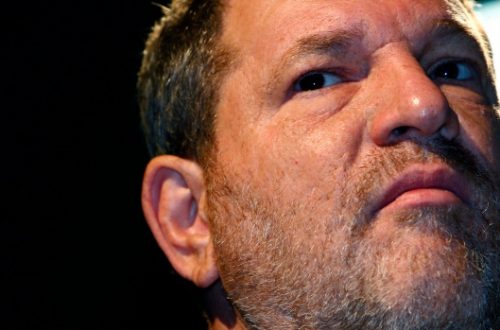
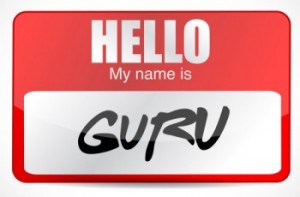
Reed says:
This is so, so beautiful. Marla’s daughter shared this with me and while I’ve come into the family’s life, it’s hard for me to get a sense for who Marla was because I wasn’t in the picture then. You did an amazing job to capture her depth – that clearly came with a sense of cool. Really glad her daughter shared this with me and thank you for putting pen to paper on this. Xo.